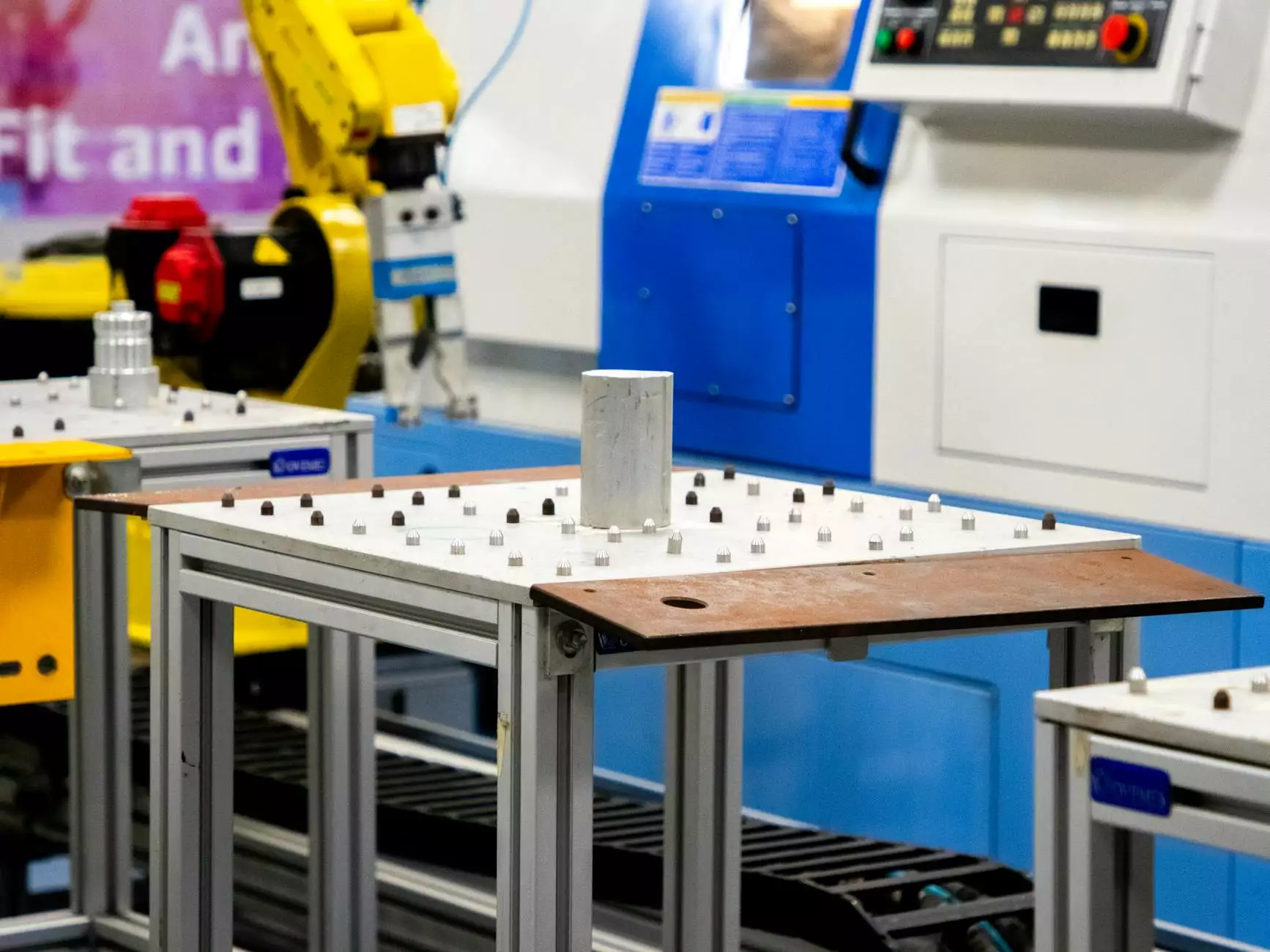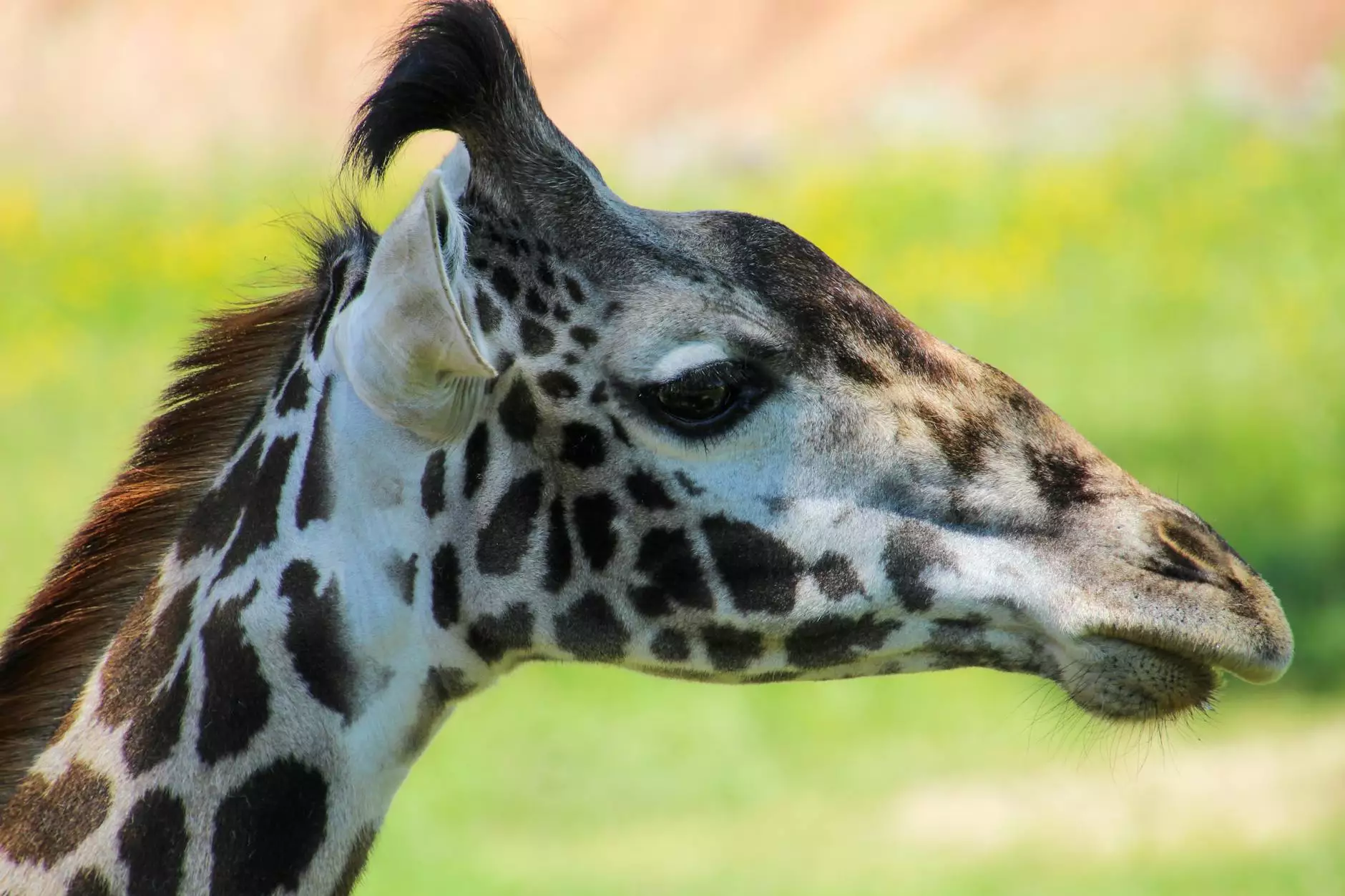Cabin Crew Volotea: Elevating Business in Aviation

Understanding the Role of Cabin Crew
The cabin crew at Volotea represent the soft side of the aviation industry, pivotal in creating a safe, hospitable, and efficient flying environment. Their responsibilities extend beyond mere service; they are essential in ensuring customers enjoy an experience that not only meets but exceeds expectations. In this article, we will delve into the myriad responsibilities of cabin crew and how their actions directly impact passenger satisfaction and business performance.
The Importance of Cabin Crew in Aviation
Cabin crew members are the face of any airline, including Volotea. They are the first point of contact for passengers embarking on their journeys. Here are some vital functions they perform:
- Safety Management: Ensuring the safety and security of all passengers is their top priority. Crew members are trained to handle emergency situations and to conduct safety demonstrations.
- Customer Service: Providing excellent customer service creates a positive atmosphere onboard. Cabin crew members are trained to address passenger needs promptly and courteously.
- Conflict Resolution: Managing onboard issues such as disputes between passengers or dealing with difficult situations gracefully.
- Comfort and Convenience: Ensuring passengers are comfortable by managing in-flight services, such as meal distribution and assistance with seat adjustments.
Training and Development of Cabin Crew at Volotea
Volotea prides itself on the rigorous training and continuous development of its cabin crew. This investment in personnel translates into better service and safety. The training processes typically include:
- Initial Training: Upon hiring, cabin crew members undergo comprehensive training that covers safety procedures, customer service skills, and emergency response.
- Continuous Training: Regular training sessions ensure that crew members are kept up-to-date with the latest safety regulations and service protocols.
- Feedback Mechanisms: Crew members receive feedback from supervisors and passengers to improve their skills continuously.
The Impact of Cabin Crew on Business Success
The influence of cabin crew on the success of an airline like Volotea cannot be overstated. Here are several ways they contribute to the airline's bottom line:
Enhancing Customer Loyalty
Goods and services in the aviation industry are often seen as comparable; however, the cabin crew's attitude and service quality can significantly influence customer loyalty. Happy passengers are more likely to return to Volotea and recommend it to others.
Managing Crisis Situations
During unforeseen events, such as flight delays or emergencies, the calmness and efficiency of the cabin crew can minimize frustration and turn potentially negative experiences into positive outcomes. This management can protect the airline's reputation.
Brand Ambassadorship
Cabin crew serve as brand ambassadors for Volotea. Their behavior, dress, and service style reflect company values and culture. A well-trained and attentive cabin crew fosters a strong, positive brand image.
Creating a Positive In-Flight Atmosphere
Passenger experience is intricately linked to the behavior and attitude of cabin crew. Several factors contribute to creating a positive atmosphere:
- Engaging Communication: Friendly greetings and small talk can make a significant difference in a passenger’s journey, fostering a sense of connection.
- Personalized Service: Recognizing frequent flyers or catering to specific passenger requests can enhance the in-flight experience.
- Attention to Detail: A well-maintained cabin, timely meal service, and quick responses to requests reflect a well-prepared cabin crew.
Industry Trends Influencing Cabin Crew Roles
The aviation industry is constantly evolving, and so are the roles of cabin crew. Emerging trends that are shaping their responsibilities include:
- Technological Integration: The use of tablets for service management and cabin safety checks has become commonplace, allowing cabin crew to focus more on direct passenger interaction.
- Focus on Diversity and Inclusion: Airlines are increasingly recognizing the importance of having a diverse workforce that reflects their customer base and enhances the travel experience for all passengers.
- Sustainability Initiatives: Crew members are becoming advocates for eco-friendly practices, promoting responsible behaviors among passengers, such as minimizing waste.
The Future of Cabin Crew in Aviation
As the aviation industry continues to grow, the cabin crew at Volotea will face evolving challenges and opportunities. The future may bring:
- Advanced Training Techniques: Virtual reality and simulation-based training to enhance crew responsiveness during emergencies.
- Personalized In-Flight Experience: The ability to tailor services based on passenger profiles and preferences collected through data analytics.
- Health and Safety Emphasis: A renewed focus on health protocols post-pandemic, ensuring the safety of both crew members and passengers.
Conclusion
The cabin crew at Volotea are not just service staff; they are the embodiment of the airline’s commitment to safety, customer satisfaction, and a positive travel experience. Their extensive training equips them to handle a range of situations, from everyday service to emergencies. As demand for air travel continues to rise, the significance of a well-trained and engaged cabin crew will only become more pronounced.
In a competitive industry, Volotea’s investment in their cabin crew reflects a broader commitment to excellence, paving the way for sustainable business growth and customer loyalty. The synergy between cabin crew and customer experience is a powerful determinant of an airline’s success, making it imperative for Volotea to continue fostering an environment of training, support, and empowerment for their crew.
cabin crew volotea








